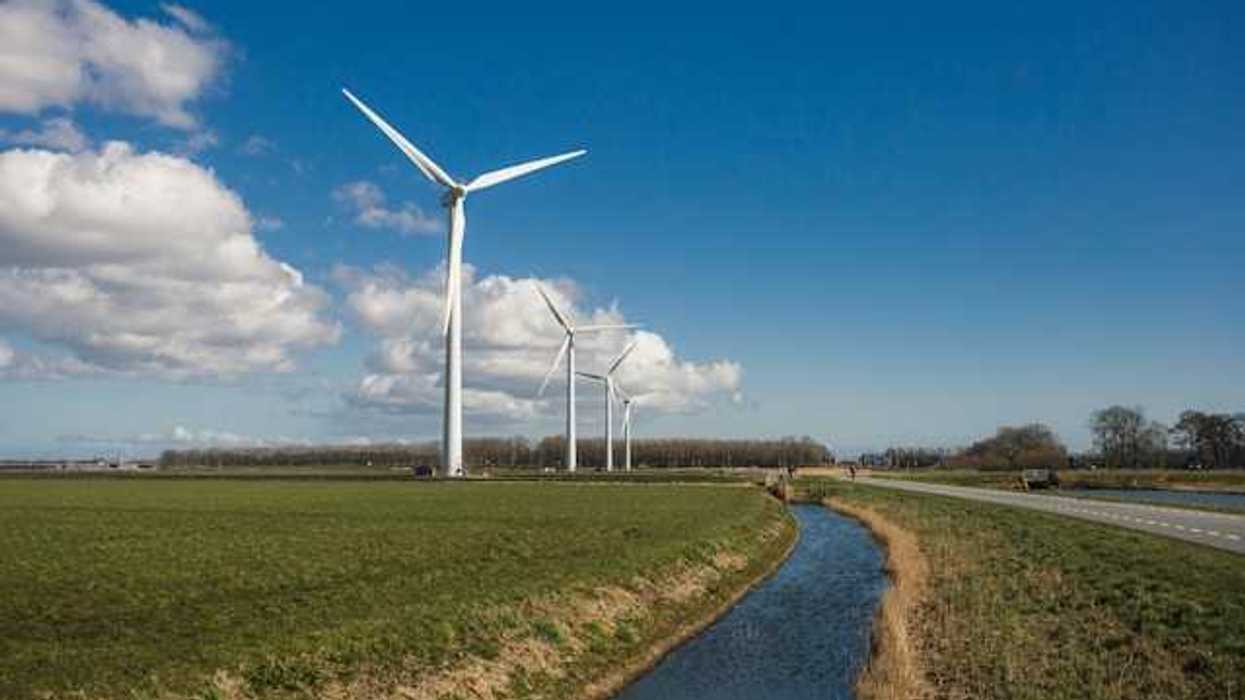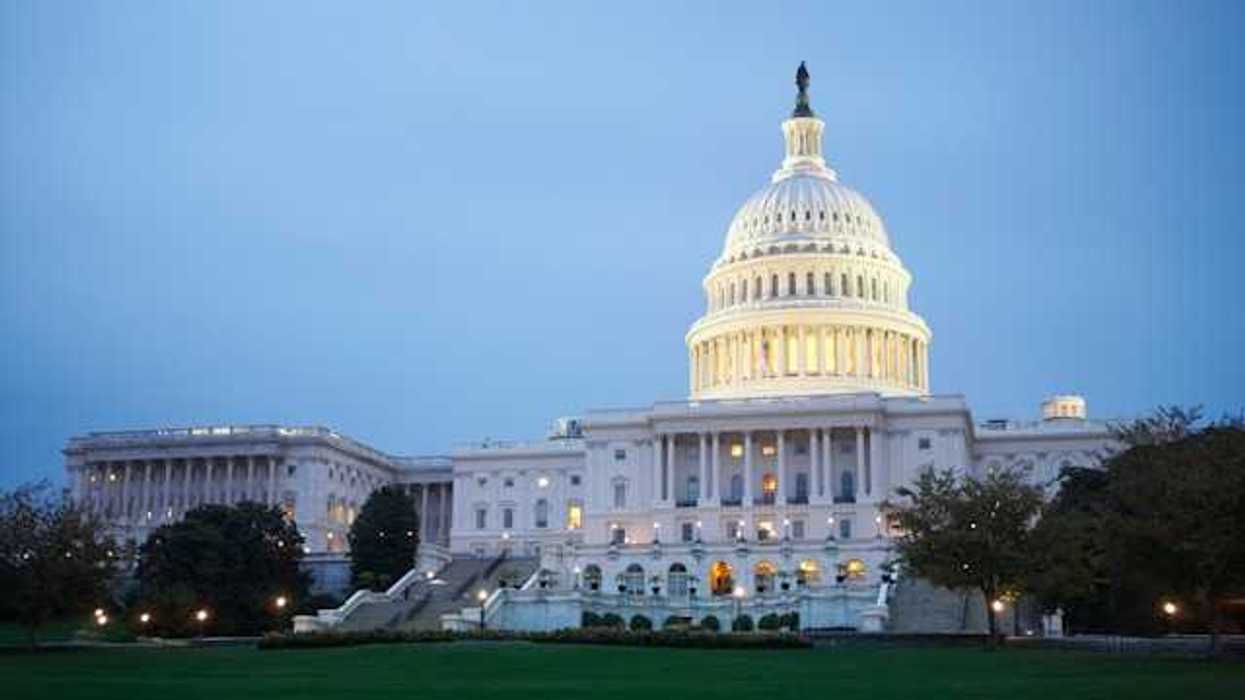A federal cost-cutting initiative may shut down the National Oceanic and Atmospheric Administration (NOAA) office that manages Hawaii’s Mauna Loa Observatory, a critical site for tracking atmospheric carbon dioxide levels.
Austyn Gaffney reports for The New York Times.
In short:
- The Mauna Loa Observatory, which has monitored rising greenhouse gas levels since 1958, could lose its managing office in Hilo, Hawaii, by August due to lease terminations.
- The Trump administration's Department of Government Efficiency (DOGE), led by Elon Musk, has proposed ending 793 federal leases, including at least 19 NOAA properties, to save about $500 million.
- NOAA is also facing staffing reductions, with 1,300 workers already laid off and another 1,000 cuts planned, impacting climate data accessibility.
Key quote:
“These data are our eyes on the planet. It’s really vital base line data for how things are going to change going forward.”
— Ralph Keeling, climate scientist at the Scripps Institution of Oceanography, University of California San Diego
Why this matters:
The Mauna Loa Observatory, perched high on the slope of Hawaii’s largest volcano, has served as a critical sentinel for climate science since 1958. It is home to the world’s longest-running measurements of atmospheric carbon dioxide, providing the foundation for understanding the role of greenhouse gases in climate change. But now, amid a broader push to rein in federal spending, its future appears uncertain.
With climate change fueling more extreme weather events, a reduction in federal support for climate research could also hinder disaster preparedness and long-term policy decisions. Scientists and policymakers rely on NOAA’s data to predict hurricanes, droughts, and wildfires — events that are becoming more frequent and severe. Without sustained investment in monitoring and research, the ability to understand and respond to climate-related crises could be severely compromised.
The debate over NOAA’s funding is unfolding as climate science remains a politically charged issue. While some lawmakers argue that fiscal discipline is necessary, others warn that cutting climate research now could carry long-term costs, both economic and environmental. For those tracking the Earth’s climate, the potential loss of Mauna Loa’s data would be more than just a setback; it would be a blind spot at a time when clarity is needed most.
Learn more: NOAA layoffs threaten U.S. leadership in ocean science














